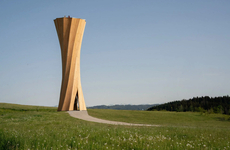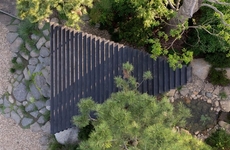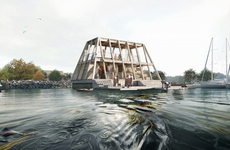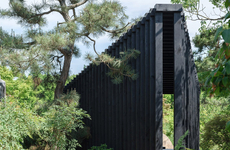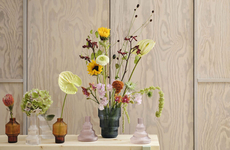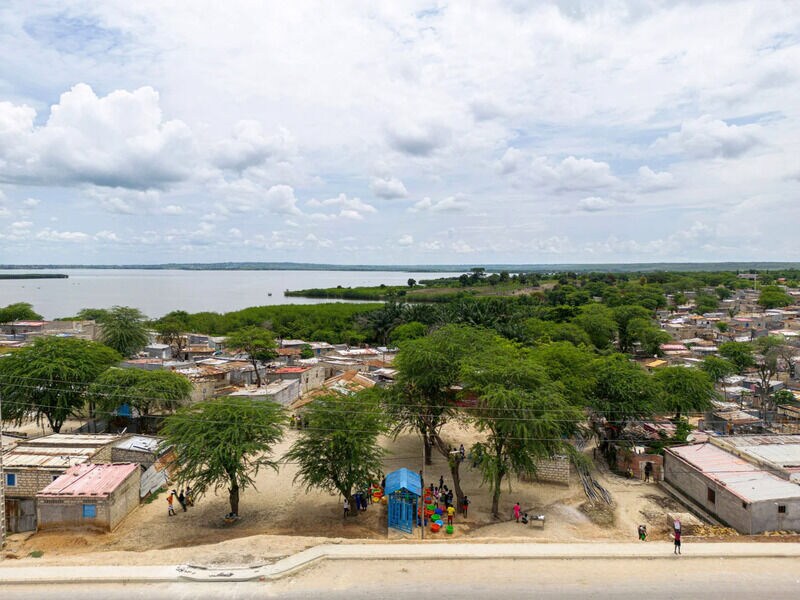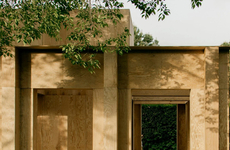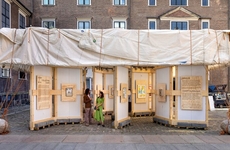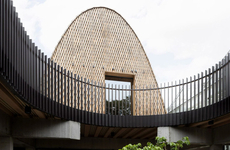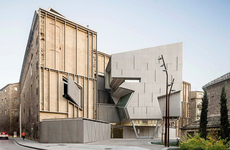
Paulo Moreira Architectures Completes the Luanda Waterpoints
Amy Duong — September 11, 2024 — Art & Design
References: paulomoreira.net & dezeen
Portuguese design studio Paulo Moreira Architectures has completed the Luanda Waterpoints project, which is a transformed water access point -- it is comprised of three sections and is turned into gathering spaces for the local Luanda community in Angola.
Three bright blue pavilion structures are installed around the water points with the purpose of making them more functional and safe. The firm needed to showcase how simple the interventions can be to create large impacts in neighborhoods, turning them into vibrant gathering spaces. The studio shares the notion of the project, stating "The project aims to show how small-scale interventions and low-cost solutions can have an impact on the quality of life of disadvantaged populations."
Image Credit: Ivo Tavares Studio
Three bright blue pavilion structures are installed around the water points with the purpose of making them more functional and safe. The firm needed to showcase how simple the interventions can be to create large impacts in neighborhoods, turning them into vibrant gathering spaces. The studio shares the notion of the project, stating "The project aims to show how small-scale interventions and low-cost solutions can have an impact on the quality of life of disadvantaged populations."
Image Credit: Ivo Tavares Studio
Trend Themes
1. Sustainable Water Access - Transforming water access points into multi-purpose community hubs is reimagining the role of essential infrastructure in urban development.
2. Community-centric Design - Designing small-scale, low-cost solutions that significantly enhance the quality of life in disadvantaged areas exemplifies a shift towards more inclusive architectural practices.
3. Urban Social Spaces - Integrating bright, functional structures around basic amenities fosters safer and more vibrant communal areas, advancing urban social dynamics.
Industry Implications
1. Architecture - Innovative designs that double as both functional infrastructure and social spaces redefine traditional architectural roles.
2. Water Management - Creating multifunctional water access points in underprivileged areas showcases a new model for improving water distribution and community welfare.
3. Urban Planning - Implementing small-scale interventions that provide significant community impact influences future approaches to city development and public space utilization.
2
Score
Popularity
Activity
Freshness


